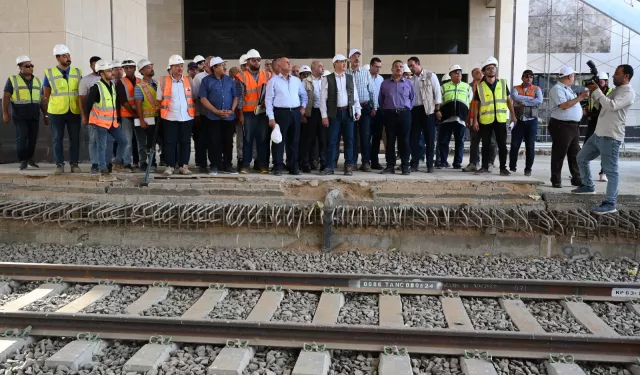Egypt’s National Authority for Tunnels (NAT), a subsidiary of the Ministry of Transportation, reached a preliminary deal with several European financial institutions to secure a 600 million euro loan. The loan will fund construction of the country’s high-speed rail network third line, a NAT board member told Al Manassa.
The government aims to launch the third line in the first half of next year at an estimated cost of $1.6 billion. The loan will carry an annual interest rate of 3%. Terms of disbursement, repayment schedules, and penalties for delays are still under negotiation, as per the board member, who requested anonymity.
The 175 km line is intended to connect Upper Egypt’s governorates. It will link with the second line of the high-speed electric train at Qena and pass Red Sea ports including Safaga. Authorities expect it to carry about 200,000 passengers a day and 1.5 million tons of goods annually.
The European loan will be earmarked for supplying imported equipment needed for the manufacture of rolling stock parts and electromechanical works along the route and at stations. The authority will fund the remaining costs from domestic resources, the source added.
Transportation is one of Egypt’s biggest investment sectors, underscored by the large projects assigned to the authority. Chief among them are the three-line high-speed rail network and two monorail projects launched over the past decade to serve new cities such as the Administrative Capital and to strengthen links between residential areas, ports, and export hubs.
Such projects require advanced imported technology, pushing the authority to secure major international financing to provide the required hard currency.
In 2021, the ministry signed two agreements worth a combined 2.26 billion euros with 18 international institutions. Last January, it obtained a 318 million euros loan from the Islamic Development Bank to finance rolling stock, communication systems, and electromechanical works for the first line, a 660 km route from Ain Sokhna to Marsa Matrouh set for trial operations by mid-2026.
